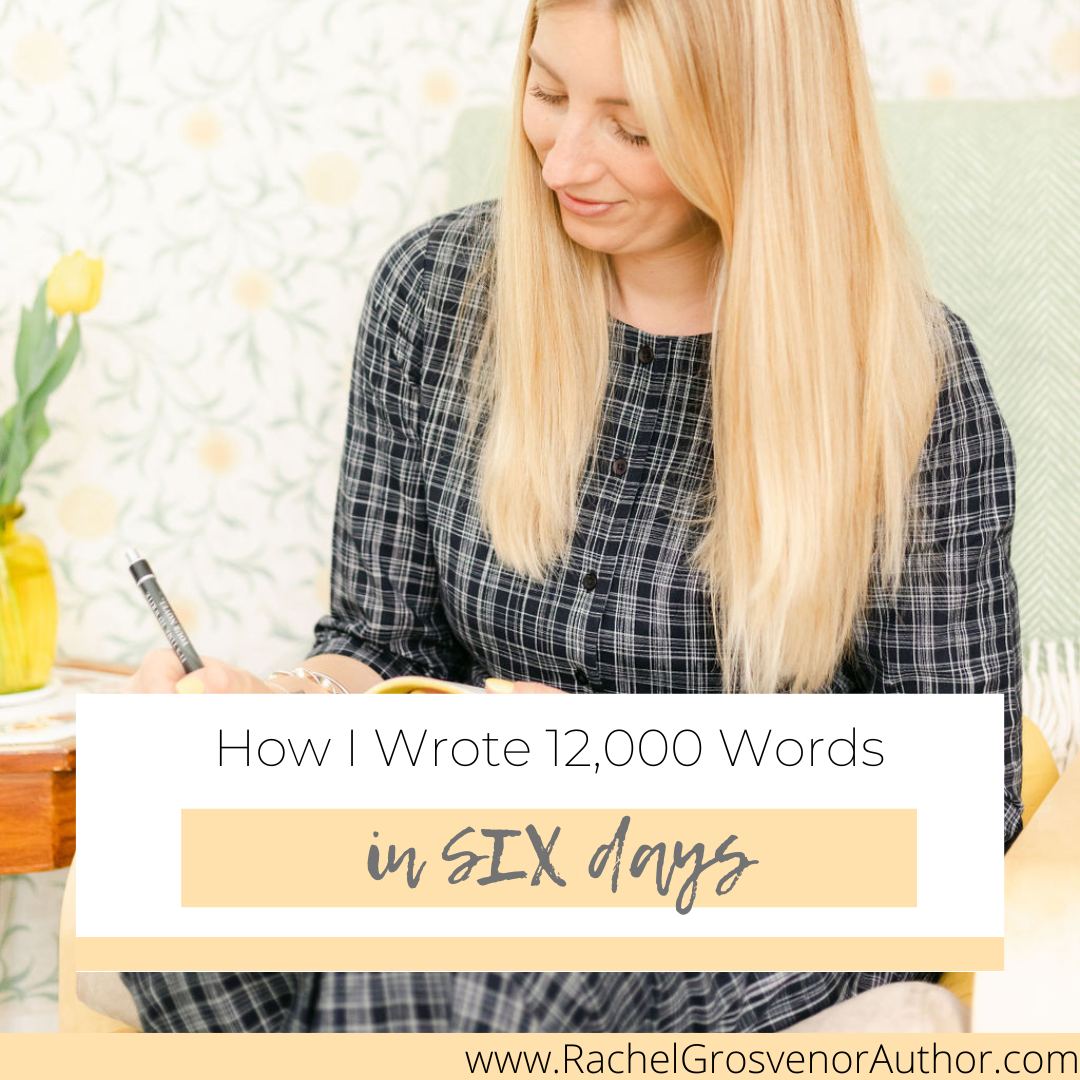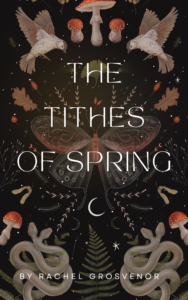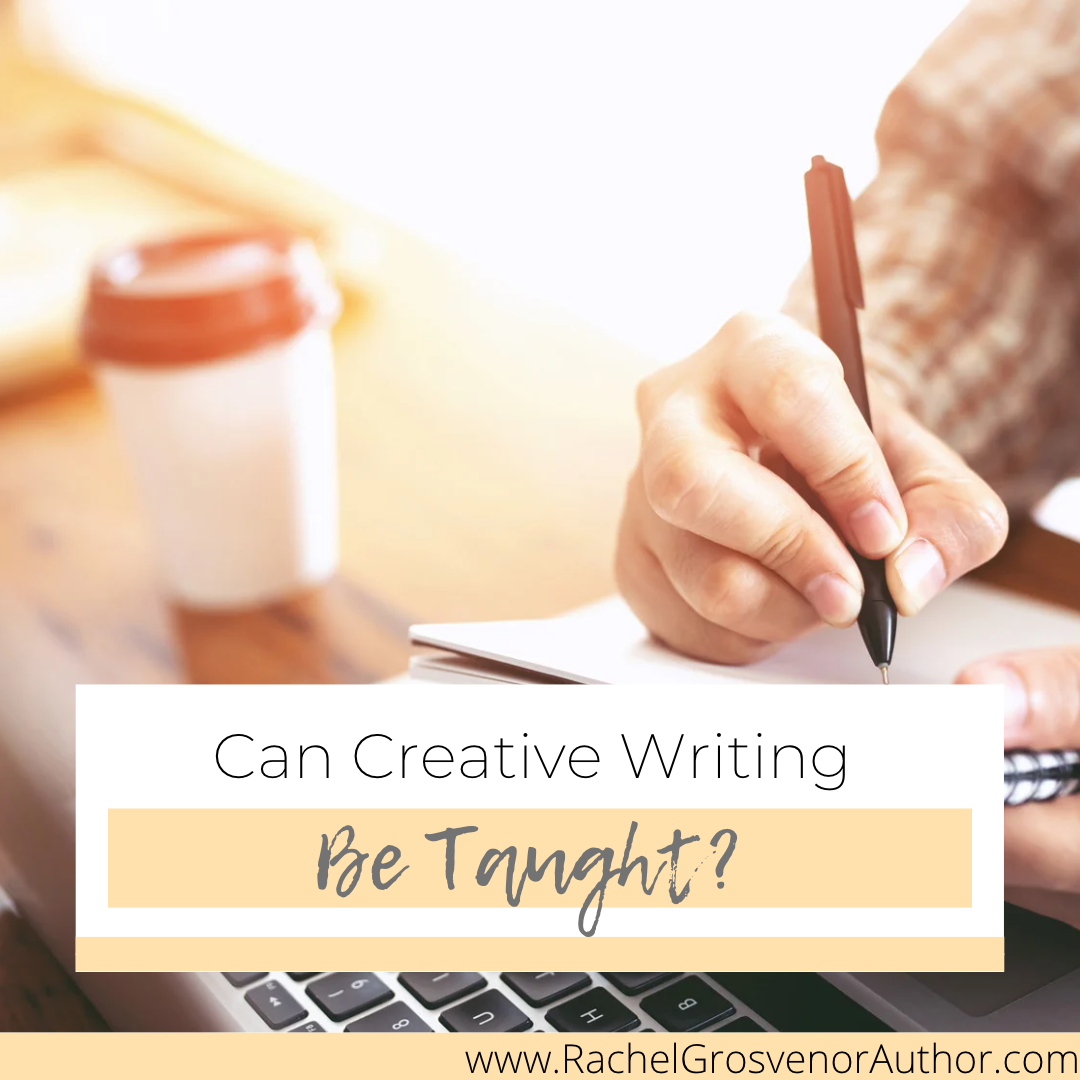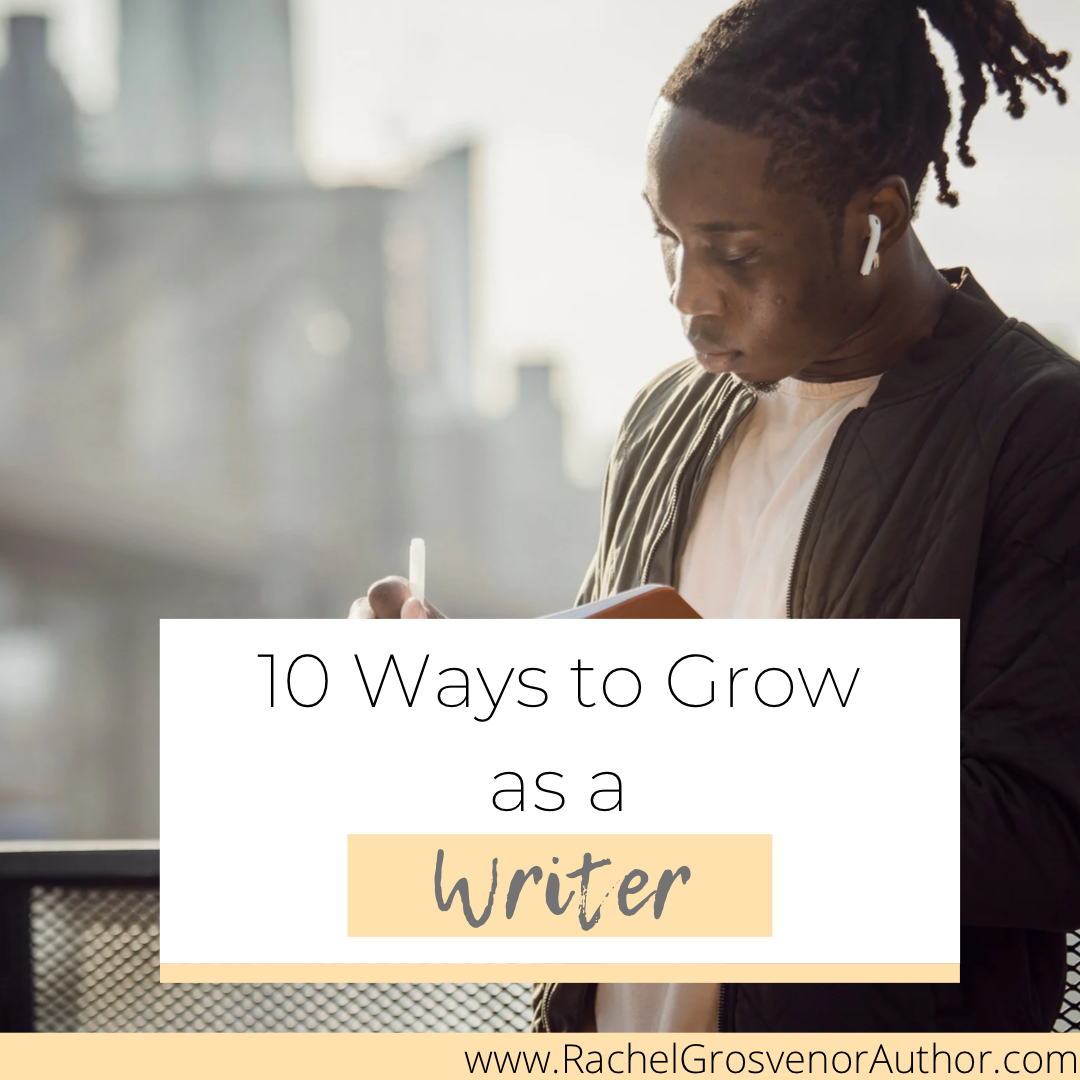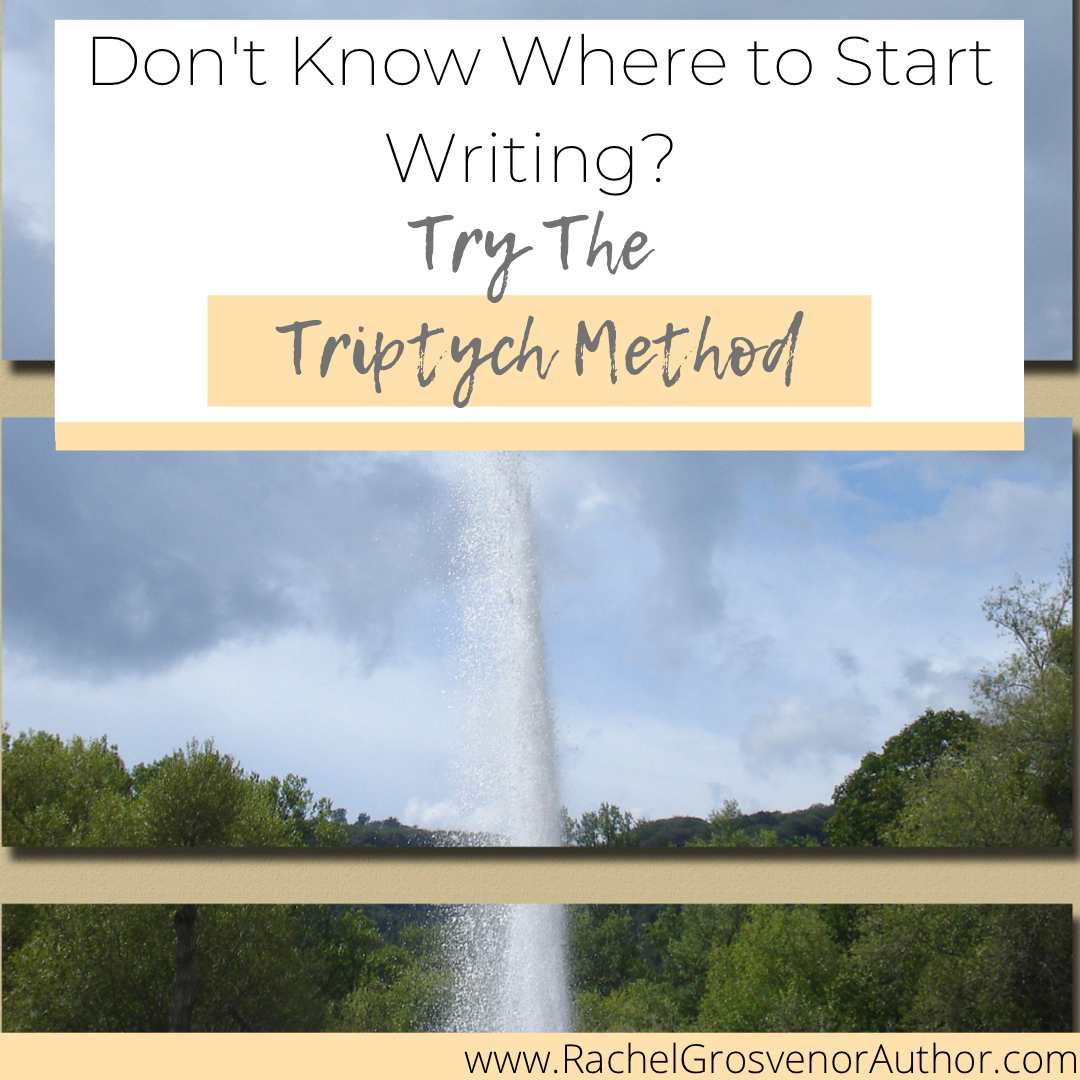Are you looking for a way to grow as a writer but struggling to work out how to do it? Don’t worry; I’ve got you. Growing as a writer means expanding your knowledge of the craft, your ability to find the time to write, and your access to writing. It means getting better at what you do – writing stories. So, let’s begin with ten ways to grow as a writer.
1) Expand your vocabulary.
Great idea. But, aside from eating a dictionary, how can you go about this? Here are a few ways. Develop a reading habit. Reading helps you understand so much about writing, and it is such a vital part of being a writer that it should not be discounted. It grows your vocabulary, yes, and it also helps you understand plot, tropes, characterisation…the list is endless. Another great and fun way to expand your vocabulary is to play word games. I’m talking about Wordle, Scrabble, and more. Games are for adults, too!
2) Use writing prompts.
Every other week I share a new writing prompt with my subscribers. Why? Because they are an excellent lesson in writing. They can inspire poetry, short stories, a paragraph that sparks an entire novel you never knew you had in you. Writing with writing prompts is the practice of growing as a writer and making progress in the craft you love.
3) Share your writing.
Yes, I said it. Sharing your writing will help you grow as a writer. For some, the thought of this is scary. I get it; I’ve been there. When I was in the first year of my undergraduate degree in Creative Writing, I used to sit at my table, dreading the moment I would be called on to read my writing to the class. But, here’s the thing…after a while, it didn’t bother me so much. Why? Two reasons. The first is that practising anything makes it much easier. The second is that my peers were trained to give feedback. That second one is vital. If you are nervous about sharing your work, share it with the right person. Share with another writer, a friend you trust, an editor or a writing coach. Practice sharing because peer review is one of the most valuable tools we have at our disposal as writers.
4) Keep a writing journal.
What’s a writing journal, and why keep one? A writing journal is like your regular journal or diary, only this one focuses on your writing, including anything you want to talk about, how it’s going, what you are struggling with, and what you have written that day. So why would keeping one help you grow as a writer? Because it enables you to explore your process, what is working for you, and what isn’t. This kind of investigation helps you learn exactly who you are as a writer and pinpoint areas of growth.
5) Hire a writing coach or editor.
As a writing coach and editor, I can tell you that I have watched all of my clients grow through our work together. It is an incredible thing to witness, and I love helping writers discover what works for them, clear the path forward, and ultimately achieve their dreams of writing their novels. I am trained to ask the right questions to help you find a way forward, and growing as a writer is a worthy investment indeed. I hire a coach too, and it’s the best thing I ever decided to do. Here’s a little on my own experience: The Top 5 Things I Learned from Working with a Coach
6) Join a writing group.
Writing groups are amazing because they provide us with support and craft knowledge and offer us accountability. You can look online or in your local area and see what’s offered.
7) Take part in a writing retreat.
Writing retreats are incredible. They are spaces for you to create, write, and learn. They are your community, and they leave you feeling rested, inspired, and truly like the writer you are. Looking for a writing retreat to join? Recently I co-ran a writing retreat called The Writing Week Retreat, and it was a runaway success, with writers writing more in one week than usual, and community-led learning. Want to know more and receive updates about the next one? Get in touch here.
8) Write outside your comfort zone.
When was the last time you pushed yourself outside of your comfort zone when writing? Not sure? Here’s a task to do that right now!
Take the opening paragraph of your novel or latest work. Re-write it, using none of the same words as your original work.
What does this task do? It forces you to think differently, search for new words, and grow as a writer. Give it a go today, and see which piece of writing you prefer.
9) Subscribe to a writing magazine and participate in competitions.
There are some fantastic writing magazines available, and they are full of competitions and fun things to be a part of. How does this help you grow? Aside from the craft information shared within these magazines, using writing competitions gives you new ideas, new prompts and instils a routine into your writing life.
10) Revise old writing.
Want to know how much you have grown as a writer? Read and revise your old work. Highlight what you like, and re-write what you don’t. Pay attention to what has changed, how your eye has developed, and be proud of your growth. Need an editor to help? Feel free to get in touch today and book a free 30-minute Discovery Call with me.
Ready to talk about coaching?
As a Certified Professional Coach, trained by an ICF company and with an ILM Level 2, you can trust that my coaching skills are tried and tested. As a writer with a PhD, MA and BA in Creative Writing, and over six years of lecturing in adult education and at universities, I’m a professional writer specialising in helping others find their way forward.
Any to add? Let me know! Want to read something similar?
Check these out:
3 Things I Did to Level Up My Writing Game
10 Ways to Limit Writing Overwhelm




